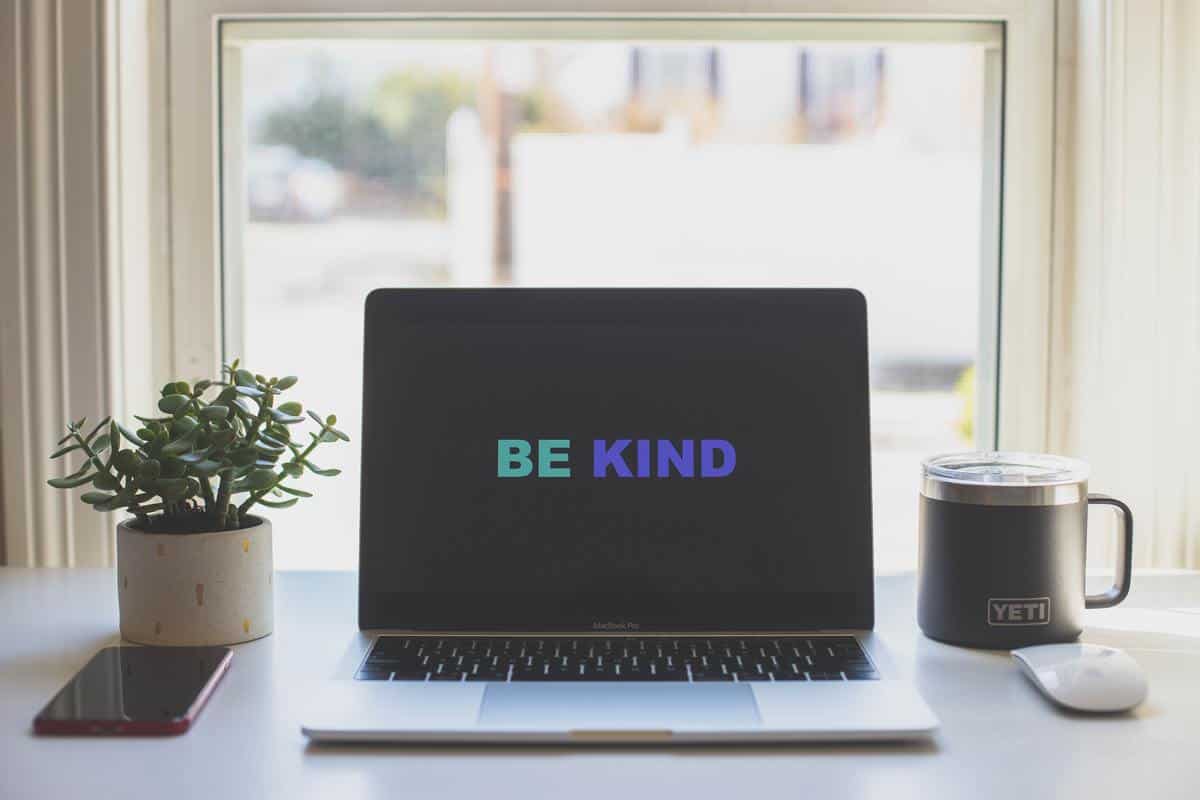The words business and kindness are not usually synonymous with one another. In fact, it has long been believed and practised that kindness has no place in the boardroom, where tough decisions are being made around profits and operations.
Yet, there has been increasing discussions about the consequences for businesses that are behaving unkindly, whether that means testing on animals, or harassment claims in the workplace. A growing number of Australians are taking a stand against such behaviour by carefully choosing where to spend their hard-earned dollars.
The message has never rung clearer: corporate kindness and social responsibility is no longer an option, but a necessity. Here are three reasons why businesses – no matter their size – should consciously demonstrate kind and responsible leadership:
1. Customers are attracted to a strong purpose
If 2020 taught us anything, it’s that consumers care. From devastating bushfires to widespread flooding and a global pandemic, consumers are rallying for changes to the way things have always been done.
Previously, customers favoured price and product offering above all when making purchases. Whilst these still remains front of mind, consumers are now also seeking out businesses with clearly defined ethical and sustainable principals built into their business DNA. In fact, according to a study by Zeno Group, consumers are four to six times more likely to buy from, trust, champion, and defend companies with a strong purpose.
With this evolving consumer mindset pervading the retail landscape, businesses are in a unique position to dial up socially responsible practices. SMEs are better placed to act with agility and speed to imbibe responsible practices in their business models for the ultimate betterment of their operations, their customers and the wider community.
2. Kindness creates better workplaces
According to a research from The International Journal of Entrepreneurial Behaviour and Research, there is a large gap in SMEs adopting practices to build a positive workplace culture, as they are more focused on profits in early stages. Arguably, the impacts of leaders and managers are more greatly felt within smaller workplaces where a leader’s actions and decisions will directly impact employees.
It’s why the journey toward better workplace cultures – which can later lead to improved organisational output – always starts with a game-changing and empowered leader.
It’s often said that employees don’t leave their job, they leave leaders and workplaces. By staying true to a culture centred on kindness, employee satisfaction increases and subsequently, so does staff retention. Take software company Atlassian for instance; four of their five company values focus on openness, heart, teamwork and being the change you seek. There’s a reason why they are constantly amongst Australia’s top Best Place to Work lists!
3. Responsibility leads to longevity
According to B Lab research, during the 2008 financial crisis, certified B-Corps – businesses guided to deliver social and environmental outcomes and conscious culture – were found to be 63 per cent more likely to survive the downturn than similar-sized businesses. Investing in kindness may help businesses stand the test of time.
Businesses imbibing social responsibility models in their practices, such as sustainable development goals as frameworks for strategy, see returns not just on the bottom line, but also through staff retention and stakeholder engagement.
Read more: Why does Corporate Social Responsibility (CSR) matter for businesses?
The key really is understanding how your business or service can have a positive impact on its stakeholders, then creating clarity about the world you want to create. When this is executed correctly, profit will take care of itself.
It’s simple; if you work as kind as you do hard, success is inevitable. Your investors want it, your people deserve it and the world needs it now more than ever before.
Through the 2021 Corporate Kindness Conference and Awards hosted by Bambuddha Group, businesses can acknowledge these leaders and nominate them across four categories: People and Culture, Community, Environment and Customers. Nominations for the Awards close on 31 May 2021.
Keep up to date with our stories LinkedIn, Twitter, Facebook and Instagram.

